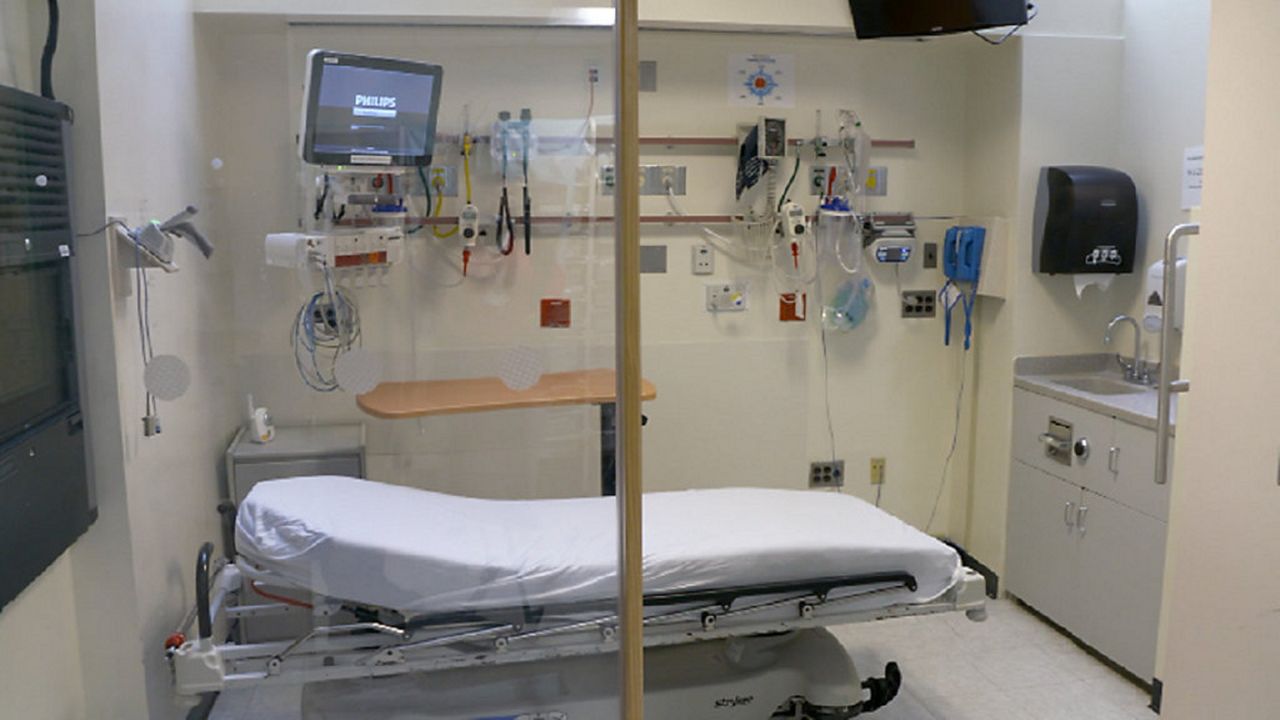For years, state lawmakers here have proposed a bill that would create a universal state-run insurance program for New York. And now, advocates say the inequality revealed by the pandemic is an argument for its passage.
The pandemic has led to a public health crisis and an economic recession -- affecting poor and low-income people disproportionately. Advocate Ursula Rozum says it's a sign New York needs a single-payer health care program.
"The pandemic really exposed a lot of the health care inequity that already existed and the New York Health Act would remove the financial and insurance barriers that have kept people from taking care of their health," said Rozum, the co-director of the Campaign for NY Health.
Rozum's group backing the single-payer health care introduced again this month by Democratic state lawmakers. The bill would replace the current private insurance system with a government-run program for all 19 million residents.
"New Yorkers would never have to fear losing their health insurance if they lose their job," she said. "They would never have to worry about being kicked off their insurance because of a change in income."
The proposal would cost billions of dollars, swell the size of the state budget and would reorganize the health care sector in the state. Lev Ginsburg of the New York State Business Council says linking the measure to the pandemic is misplaced.
"People are getting the health care they need during the pandemic through a variety of federal and state laws, etc," Ginsburg said. "People are not really charged with paying for that care."
About 95 percent of New Yorkers are currently covered by some form of health insurance. Ginsburg says there are ways to boost coverage without passing a single-payer bill.
"I think there a host of things that we can do to close that 5 percent gap and get to universal coverage," Ginsburg said. "We all share that goal. We're talking about a really small chasm that we have to fill."
Supporters contend the measure would ultimately save New Yorkers money with more people covered, but opponents say that even in countries like England that have single payer coverage, there is still a private insurance network.



